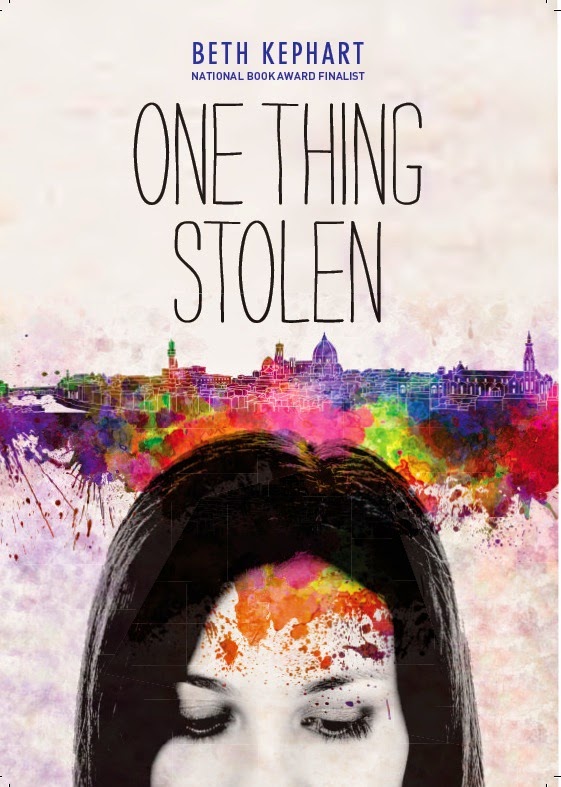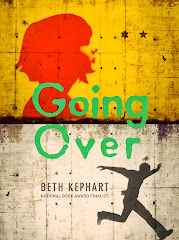Dignity, Our Fellow Americans, and The Fifth of July, by Kelly Simmons
Tuesday, July 4, 2017
I knew that driving nearly 5,000 miles across this country would change the way I see and feel; I wanted it to. I wanted to attach my empathy for other Americans to a more complete sense of the lives those other Americans live. The lonesome and the lovely landscapes. The shuttered stores and the Big Brands and the possibilities that a single restaurant proprietor stirs in Hope, AK. The music in truck cabs and the music on Beale Street and the fullness and yearning of it all.
This country that we love in our own ways is worth loving. It is worth protecting—not just its resources and its people, but its dignity. Dignity is a gigantic word, measured one act and one word at a time. It can be modeled. We can model it for one another.
And, right now, we must.
While I was away I had in hand a copy of Kelly Simmons' The Fifth of July, a book due out in a month or so, a book Kelly had slipped into my mailbox, at my request. I read this novel, which takes place in Kelly's own beloved Nantucket, while in hotel rooms in Columbus, OH, St. Louis, MO, Oklahama City, and Santa Fe. The smells and symbols of the beach were therefore there with me no matter how far my husband and I traveled from the sea. Kelly renders this landscape with the full, personal knowledge of someone who has lived it.
This, below, is the voice of Caroline, a wife, mother, daughter, and former girlfriend of the local handyman, who will soon become embroiled in a family death and mystery:
We turned the corner at Brant Point Lighthouse and waved back only to strangers—beachcombers, fishermen in waders casting into the surf—who greeted the ferry, hour after hour, day after day. Year after year. Here we come again. The salt air woke everyone up; the lighthouse made everyone smile. The town dock came into view, the boats gleaming, the lines of families waiting for the arrivals like a parade.There are all kinds of mysteries in The Fifth of July. Who, for example, is mongering hate with posters and swastikas? What has led to the death of an unwell man? Who perpetuated a crime against Caroline years ago, and who is now marauding around town, threatening teenage girls, and who is genuinely in love with who? Who has another's back? To tell the story, Kelly employs multiple voices and points of view. The frame remains that seaside place, which Kelly yields with consistent authority.
This is the voice of Tom, Caroline's brother, who will not escape the doubt or suspicion that settles across the mysterious death and separate hate mongering. He, too, is gloriously attuned to the reliable routines of this ebb-and-flow place:
The rooms that faced east, like mine, fairly glowed from five a.m. on a clear day. Then there were the birds, with their array of voices. If the songbirds signaling each other didn't wake you up, the seagulls cracking oyster shells would finish the job. Arriving next, around seven a.m., were the gardeners, with the whine of their weed whackers and hedge clippers. And then, a little before eight, the construction workers with their nail guns and saws.Sometimes darkness enfolds us. Anger, misunderstanding, lost or too-residual love. In Kelly's Fifth of July, a family, its neighbors, and its help negotiate the darkness of personal histories and legacies. The book takes us into those scary places where the wrong things perpetuate wrong things, and where the land and those who intimately know the land stand strong, and most true.


















0 comments:
Post a Comment